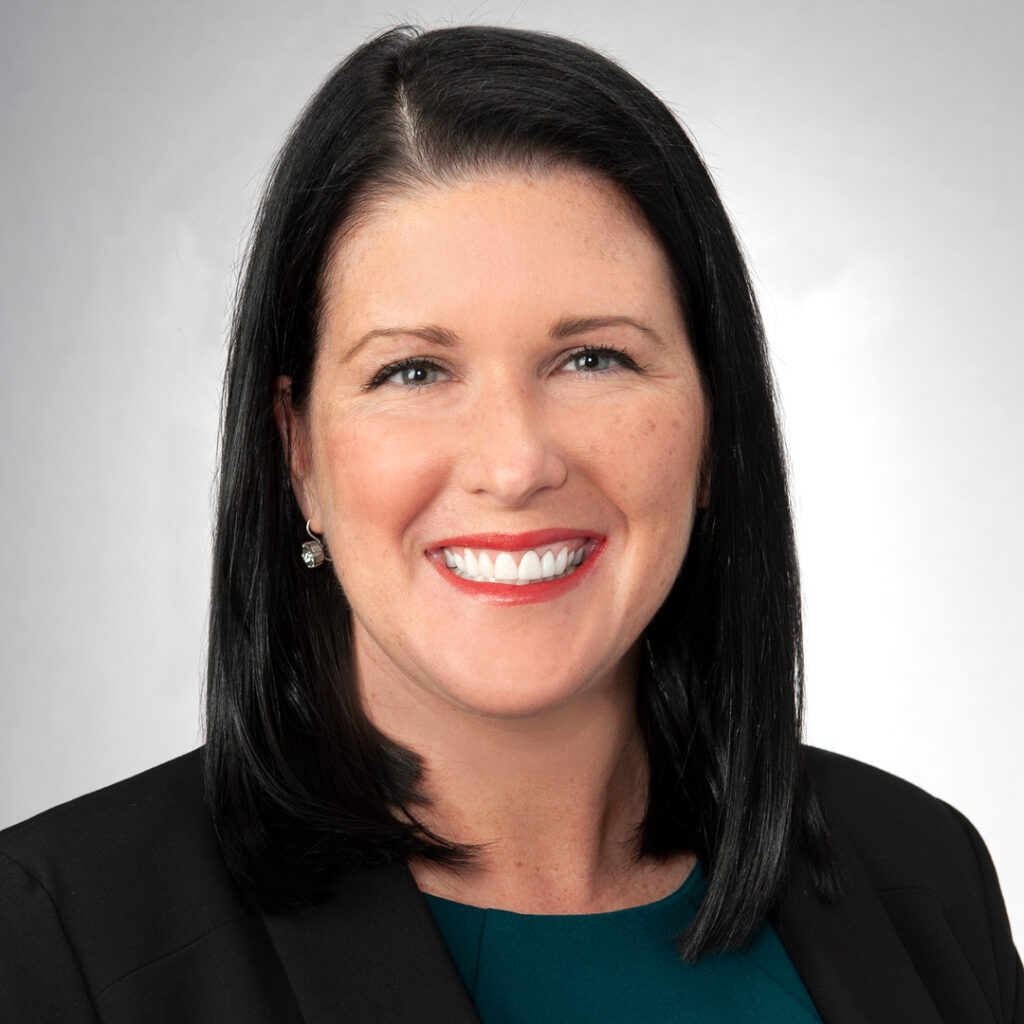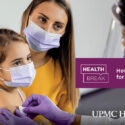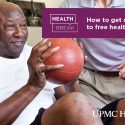Health Break: Working moms: Caring for yourself and others
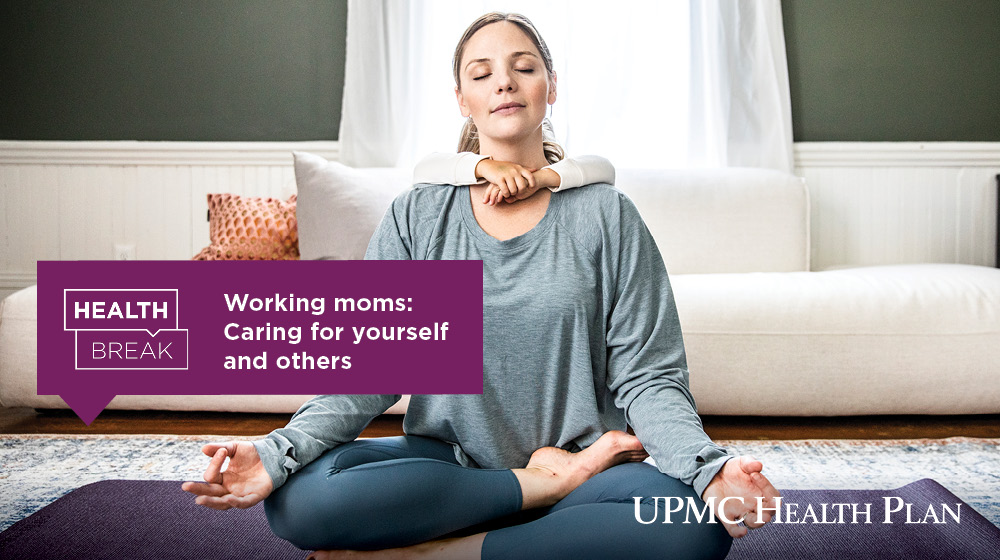
A podcast for UPMC Health Plan members, Health Break is your quick guide to caring for your mental and physical health, prioritizing wellness, and making the most of your health insurance plan.
Episode 29: Take a Health Break with Dr. Amanda Gabarda
Dr. Gabarda takes a Health Break to discuss some of the challenges working mothers face, and how to receive support from your health insurance.
Episode transcript:
Camille: Welcome to Health Break by UPMC Health Plan, your quick guide to health, wellness, and how to make the most of your health insurance plan. I’m your host, Dr. Camille Clarke-Smith. I help to oversee the quality of the plans and programs we offer at UPMC Health Plan.
Angelo: And I’m your co-host, Angelo Bartic. I’m a health coach who works with our members on making healthy lifestyle habits and setting goals. This is your…Health Break.
Camille: Hey everyone. Today joining us is my dear friend, Dr. Amanda Gabarda. Today we’ll be talking about some of the challenges working mothers face, and how to receive support from your health insurance. Welcome Dr. Amanda, to Health Break.
Amanda: Thank you so much for having me, and it’s such a pleasure to be here with you today, Camille.
Camille: So my first question, Dr. Amanda, we know that any person who is a caregiver faces a unique set of challenges in caring for others and also themselves. But as a new mom, could you talk about some of the challenges that women and working moms face?
Amanda: So care is a universal need and really essential for our overall health and well-being. And if you think about it, from children to adults, most of us in our lifetime at some point are likely to need care support or to be a caregiver ourselves. As a mom, I’ve also been a caregiver for others in my family and I personally have experienced some of the challenges and the joys that come with being both. And like myself, many women are faced with the unique challenge of being sandwiched between the needs of both children and aging family or parents. And being a caregiver of any kind really requires a great deal of patience and empathy and energy. So as women, we make up half of the workforce. And despite these dramatic increases in work experience and educational attainment, we know that women are typically paid less than their male counterparts and often have fewer opportunities to advance in their careers. And so thinking about that, in addition to the challenges of unequal pay and low wages that women face, they have these additional responsibilities and this can really affect our health outcomes for not just ourselves, but also for our families. And we know that women in particular are more likely to go without the care that they need and they’re also more likely to live in poverty.
Camille: Wow, that’s a lot. How can these challenges impact mental health?
Amanda: Being a working mom is really rewarding, but it can also have implications on our mental health as well. And so this can really take a toll in the form of things like worry, maybe feelings of uncertainty. It can impact our self-esteem and more. And it can also lead to increased stress, anxiety, and depression and all of that wound up can really impact our mental health overall. And if you think about it, many of us are really trying to be a good mom, a good friend, a good partner, a good family member. And so sometimes these, what I would say are traditional roles or expectations, can play a part in feeling like maybe we’re not enough or maybe we’re not really meeting society’s expectations of what a mom or a working mom might be. And that can be really stressful and that can really take a toll on us.
Camille: Can you share some of the resources that we have here at UPMC Health Plan for working moms?
Amanda: Of course. It’s important to take care of both our physical and our mental health so that we can really provide for our families and take good care of our children or others that are really needing our support. And it might sound cliché, but if you think to an airplane where they tell us to put on our own oxygen mask before helping others, it is so true. We need to be able to take care of our own health and well-being and able to show up as our best to care for those around us. And that’s really where UPMC Health Plan can help. And I can share, as a new mom myself, I’ve taken advantage of many of the services to be in the best health that I can for my family. When I was pregnant, I used our maternity program, which was so helpful, especially as a first-time mom.
And then after my daughter was born, I took advantage of our pediatric health coaching program to make sure that I was in the know and really providing the best possible care for my daughter. We have a lot of tools and resources that can help us to navigate our health and well-being and we have a program where health coaches are available to support lifestyle changes. We have care managers that can help support a chronic condition. We have case managers that can help with navigation and coordination of providers and appointments. We can get preventive screenings at no cost. And we have a full suite of services available through our RxWell app for mental and behavioral health support too. I like to think about it depending on what you really like or how you like to receive help and support and tools and resources, we have something for everyone depending on what modality you’d like to receive that support.
And then finally, we have tools to manage health insurance and health care. So we have the UPMC Health Plan mobile app, we have our MyHealth OnLine member portal, and then we have our Health Care Concierges that are available through call or chat. So UPMC Health Plan has a full suite of tools that help us to manage our health and wellbeing. And as a busy mom myself, I have taken advantage of all of these tools and resources because I wanna have as much time as possible in my day to be a good mom. And by UPMC Health Plan making it easy and accessible, that is exactly what I can do. I’m able to get that time back and really spend it with my family.
Camille: Thank you so much, Dr. Amanda, for being with us today and talking more about working moms and how they can care for themselves.
Amanda: Thank you so much for having me. It was a pleasure to be here.
Camille: Visit our website to learn more about support for women’s health.
Find show notes and more information at upmchealthplan.com/podcast. Join us as we continue exploring health, wellness, and how to make the most of your health insurance plan in the next episode of Health Break.
This podcast is for informational and educational purposes. It is not medical care or advice. Individuals in need of medical care should consult their personal care provider. Views and opinions expressed by the hosts and guests are solely their own and do not necessarily reflect those of UPMC Health Plan and its employees.
Related to this episode:
- Learn about women in business.
- Access behavioral health resources for members.
- Find information about women’s health.
- View maternity resources.
- Learn about health and wellness services.
- Access digital health tools for members.
About Dr. Amanda Gabarda:
Dr. Amanda Gabarda is the senior director of clinical training & education at UPMC Health Plan where she is responsible for designing, scaling, and evaluating evidence-based training, quality assurance, and health behavior change interventions for digital, telephonic, and in-person health coaches, care managers, and service coordinators. Dr. Gabarda received her bachelor’s and master’s degree in exercise science at Slippery Rock University, a master’s degree in public health from Walden University, and a doctorate in health and physical activity education from the University of Pittsburgh. She is a Certified Health Education Specialist and National Board Certified Health and Wellness Coach.
About Dr. Camille Clarke-Smith:
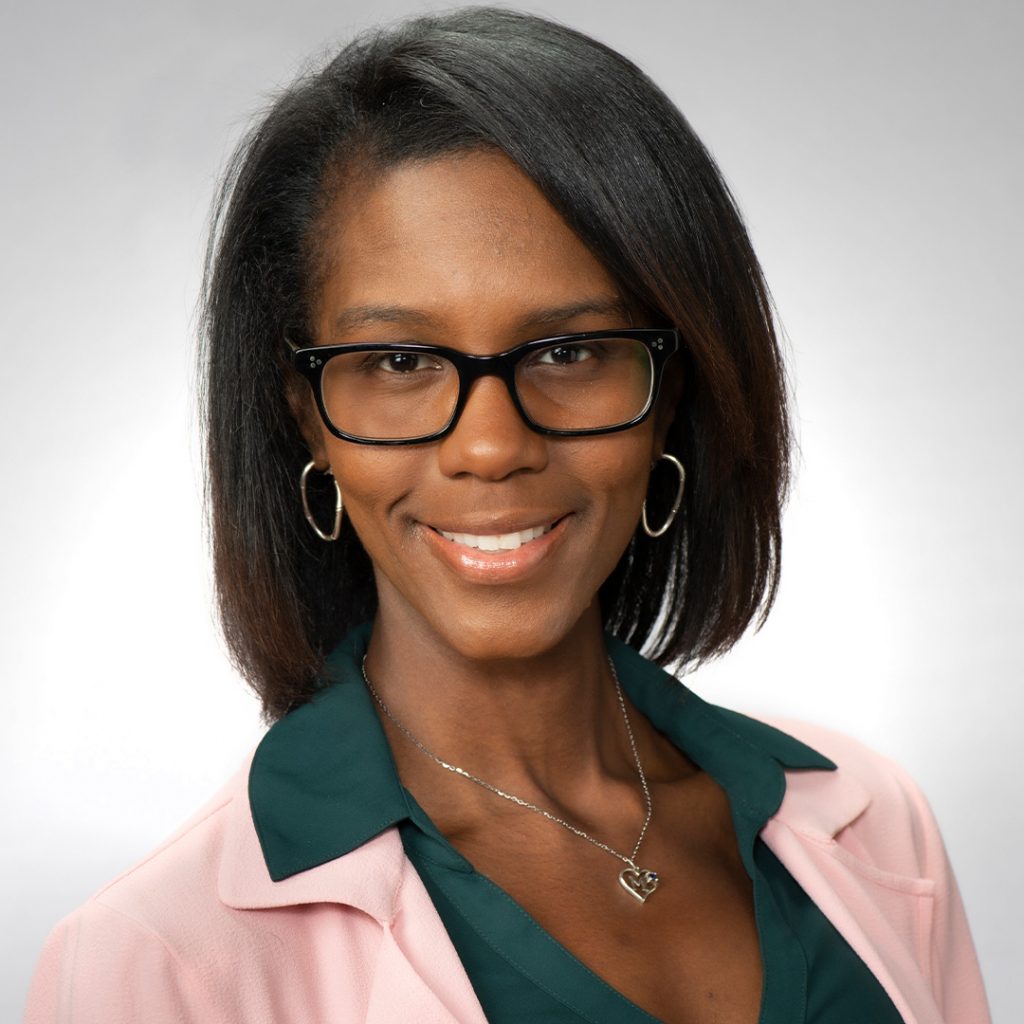
Camille Clarke-Smith, EdD, is a program director in the Quality Improvement, Medicare Stars Department at UPMC Health Plan, where she leads the Medicare Faith and Wellness Program, a 3- to 12-week health and wellness challenge. She is also the founder of the nonprofit Transforming the Health of African American Women (THAW) Inc. She earned a doctorate in health and physical activity education from the University of Pittsburgh in addition to a master’s in exercise science and a bachelor’s in psychology and sociology. She is currently pursuing her master’s degree in social work at Carlow University.

